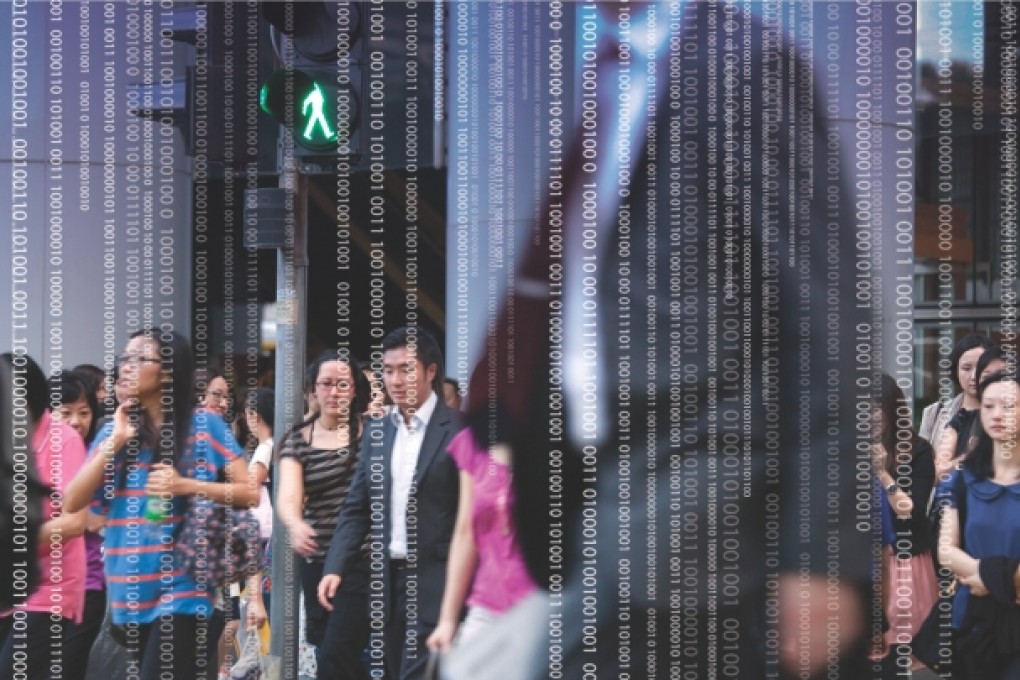How algorithms rule modern world
Computer analysis makes our lives easier in countless ways, and - arguably - safer, but many worry about its threat to privacy

On August 4, 2005, the police department of Memphis, Tennessee, made so many arrests over a three-hour period that it ran out of vehicles to transport the detainees to jail. Three days later, 1,200 people had been arrested across the city - a new police department record. Operation Blue Crush was hailed a huge success.
Larry Godwin, the city's new police director, quickly rolled out the "Blue Crush" scheme and by 2011 crime had fallen by 24 per cent. When it was revealed Blue Crush faced budget cuts this year, there was public outcry.
"Crush" policing is now perceived to be so successful that it has reportedly been mimicked across the globe.
Crush stands for "Criminal Reduction Utilising Statistical History". Translated, it means predictive policing. Or, more accurately, police officers guided by algorithms.
A team of criminologists and data scientists at the University of Memphis first developed the technique using IBM predictive analytics software. They compiled crime statistics from across the city and overlaid it with other datasets - social-housing maps, outside temperatures etc - then instructed algorithms to search for correlations in the data to identify crime "hot spots". Police then flooded those areas with highly targeted patrols.
"It's putting the right people in the right places on the right day at the right time," Dr Richard Janikowski, an associate professor in the department of criminology and criminal justice at the University of Memphis, said when the scheme launched.